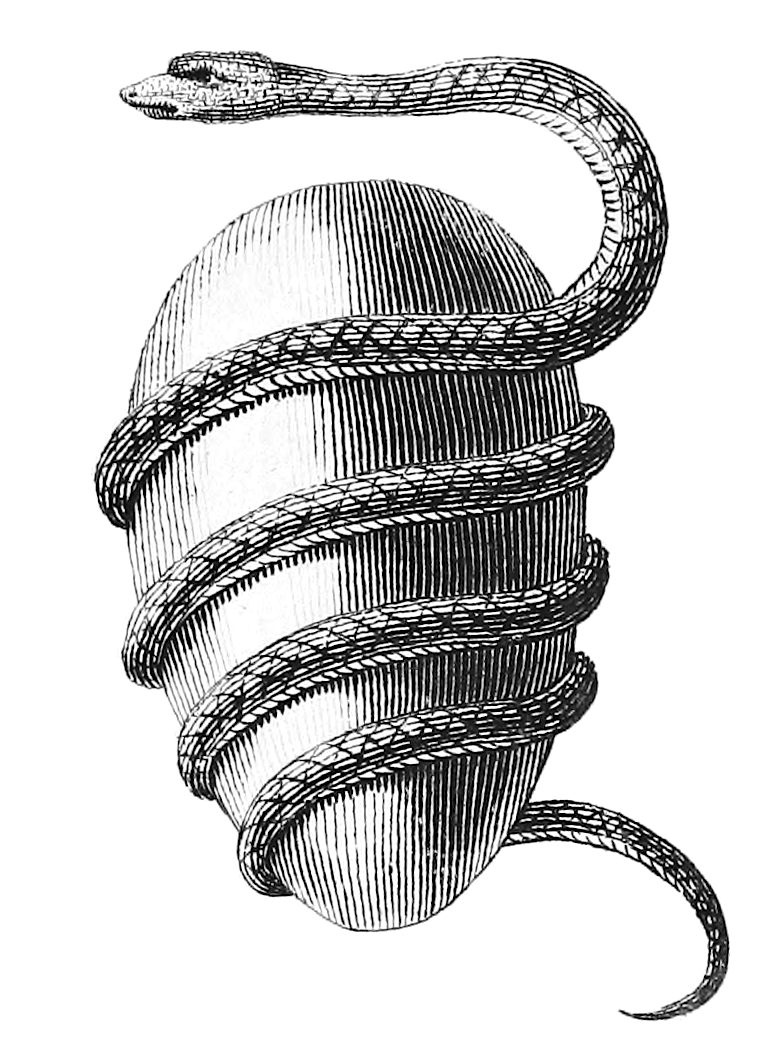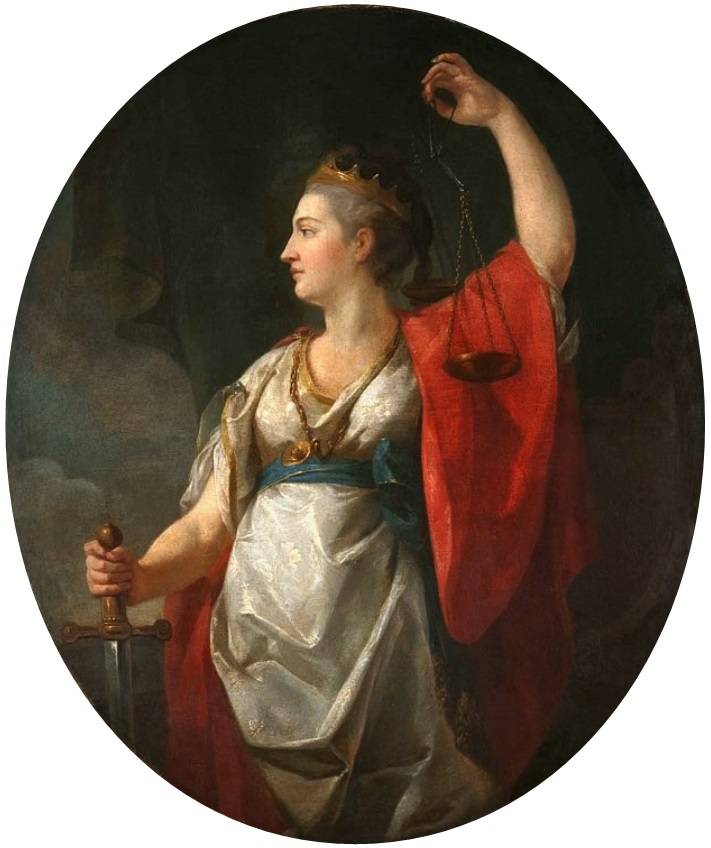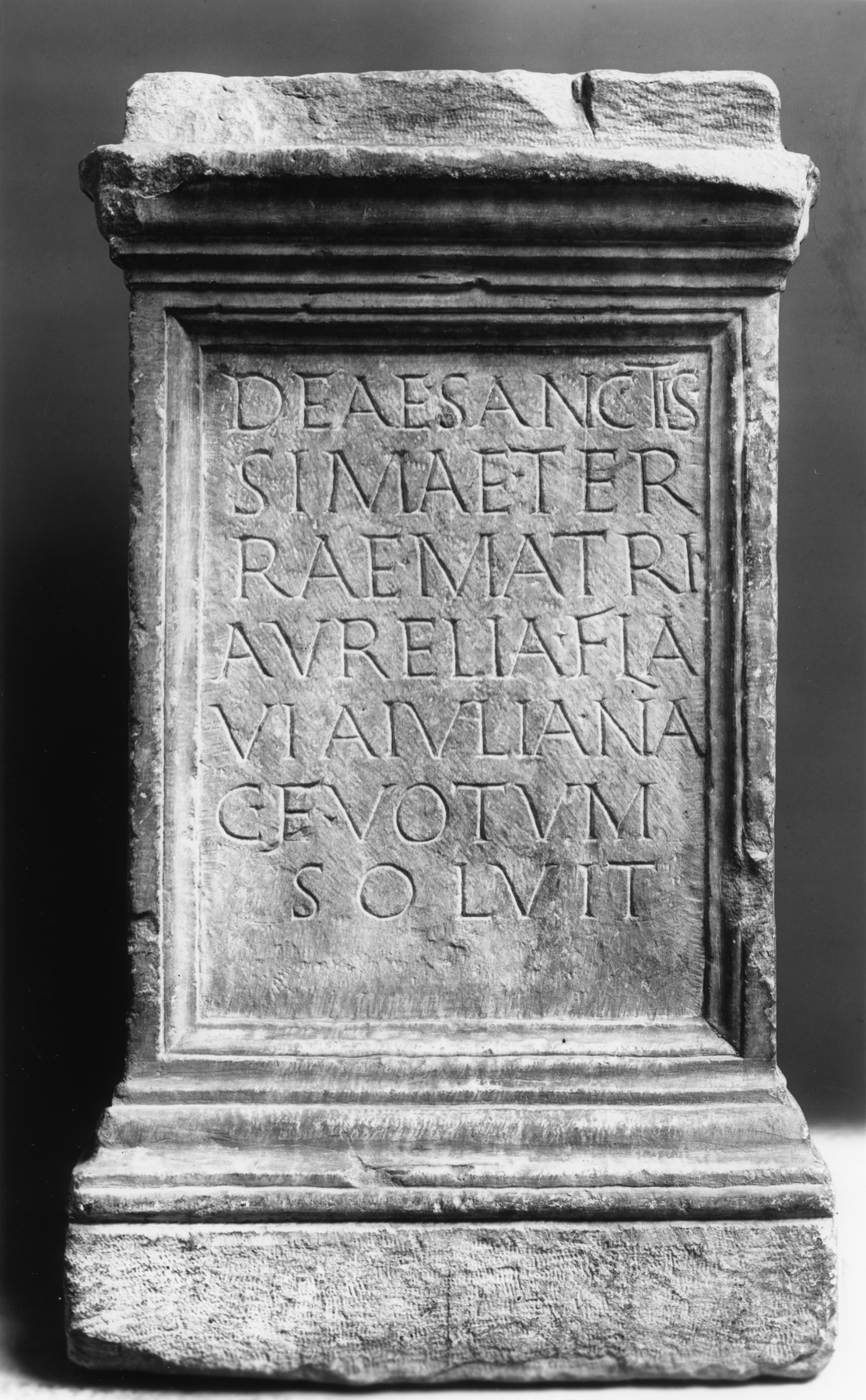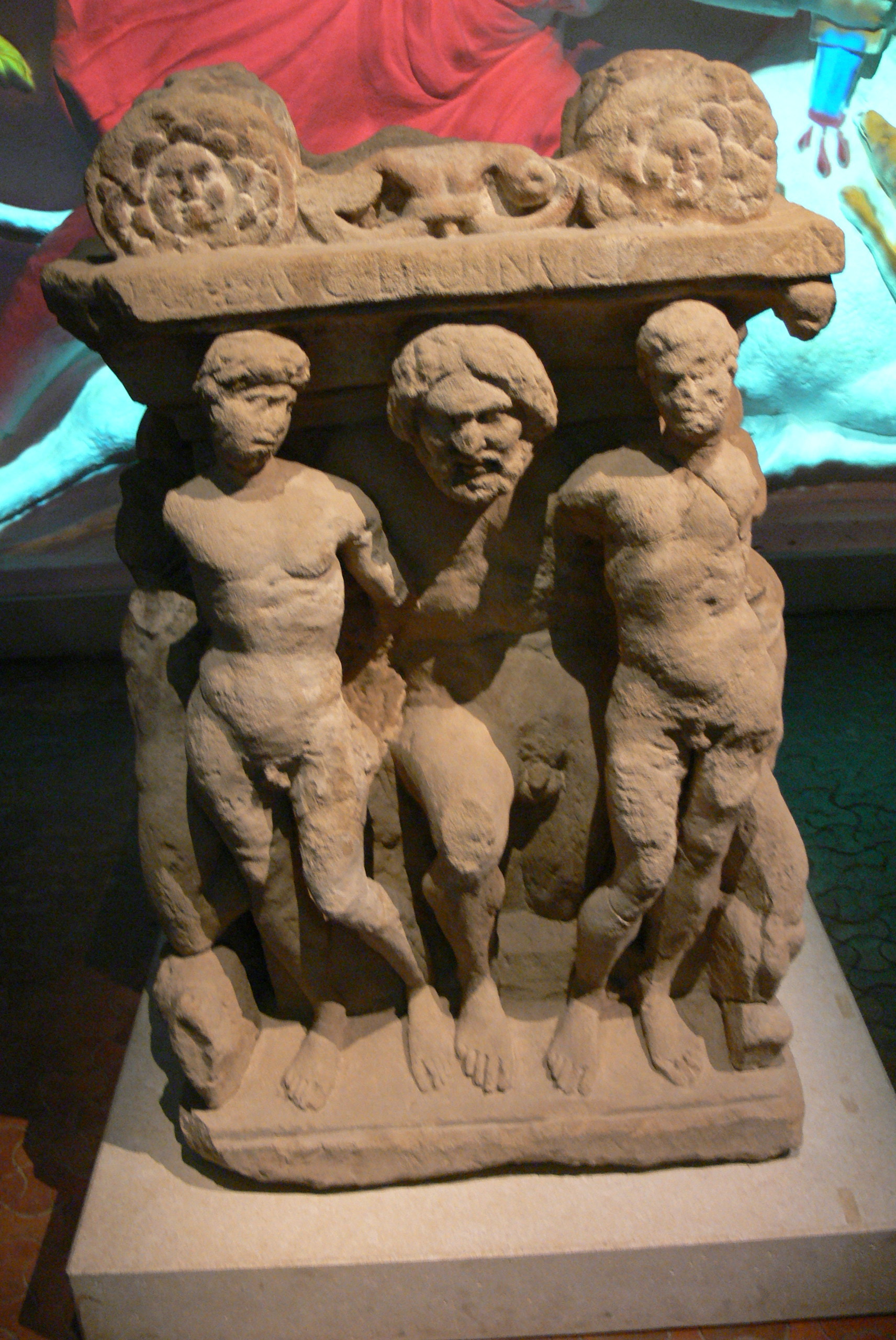|
Aether (mythology)
In Greek mythology, Aether, Æther, Aither, or Ether (; grc, Αἰθήρ (Brightness) ) is the personification of the bright upper sky. According to Hesiod, he was the son of Erebus (Darkness) and Nyx (Night), and the brother of Hemera (Day). In Orphic cosmogony Aether was the offspring of Chronus (Time), and the brother of Chaos and Erebus. Genealogy According to Hesiod's ''Theogony'', which contained the "standard" Greek genealogy of the gods, Aether was the offspring of Erebus and Nyx, and the brother of Hemera. However, other early sources give other genealogies. According to one, the union of Erebus and Nyx resulted in Aether, Eros, and Metis (rather than Aether and Hemera), while according to another, Aether and Nyx were the parents of Eros (in Hesiod, the fourth god to come into existence after Chaos, Gaia (Earth), and Tartarus). Others tell us that Uranus (Sky) (in Hesiod, the son of Gaia) was Aether's son, and that "everything came from" Aether. In Orphic cosmogony A ... [...More Info...] [...Related Items...] OR: [Wikipedia] [Google] [Baidu] |
Gaia
In Greek mythology, Gaia (; from Ancient Greek , a poetical form of , 'land' or 'earth'),, , . also spelled Gaea , is the personification of the Earth and one of the Greek primordial deities. Gaia is the ancestral mother—sometimes parthenogenesis, parthenogenic—of all life. She is the mother of Uranus (mythology), Uranus (the sky), from whose sexual union she bore the Titan (mythology), Titans (themselves parents of many of the Greek pantheon, Olympian gods), the Cyclops, Cyclopes, and the Giants (Greek mythology), Giants; as well as of Pontus (mythology), Pontus (the sea), from whose union she bore the Greek sea gods, primordial sea gods. Her equivalent in the Roman pantheon was Terra (mythology), Terra.''Larousse Desk Reference Encyclopedia'', The Book People, Haydock, 1995, p. 215. Etymology The Greek language, Greek name Γαῖα (''Gaia'' or ) is a mostly epic, collateral form of Attic (''Gē'' ), and Doric Greek, Doric (''Ga'' ), perhaps identical to (''Da'' ), ... [...More Info...] [...Related Items...] OR: [Wikipedia] [Google] [Baidu] |
Pontus (mythology)
__NOTOC__ In Greek mythology, Pontus (; grc-gre, Πόντος, Póntos, Sea) was an ancient, pre-Olympian sea-god, one of the Greek primordial deities. Pontus was Gaia's son and has no father; according to the Greek poet Hesiod, he was born without coupling, though according to Hyginus, Pontus is the son of Aether and Gaia.Hyginus, ''Fabulae'Preface/ref> Mythology For Hesiod, Pontus seems little more than a personification of the sea, ''ho pontos'' ("the sea"), by which Hellenes signified the Mediterranean Sea. After the castration of his brother, Uranus, Pontus, with his mother Gaia, fathered Nereus (the Old Man of the Sea), Thaumas (the awe-striking "wonder" of the Sea, embodiment of the sea's dangerous aspects), Phorcys and his sister-consort Ceto, and the "Strong Goddess" Eurybia (mythology), Eurybia.Hesiod, ''Theogony'233–239 Gantz, p. 16; Grimal, s.v. Pontus. For a genealogical table of the descendants of Gaia and Pontus, see Gantz, p. 805. With the sea goddess Thal ... [...More Info...] [...Related Items...] OR: [Wikipedia] [Google] [Baidu] |
Themis
In Greek mythology and Ancient Greek religion, religion, Themis (; grc, Θέμις, Themis, justice, law, custom) is one of the twelve Titans, Titan children of Gaia and Uranus (mythology), Uranus, and the second wife of Zeus. She is the goddess and personification of justice, divine order, fairness, law, and custom, and her symbols include the Scales of Justice (symbol), Scales of Justice. She is also associated with oracles and prophecies, including the Pythia, Oracle of Delphi. Name ''Themis'' means "divine law" rather than human ordinance, literally "that which is put in place", from the Greek verb ''títhēmi'' (wikt:τίθημι, τίθημι), meaning "to put." To the ancient Greeks she was originally the organizer of the "communal affairs of humans, particularly assemblies." Moses Finley remarked of ''themis'', as the word was used by Homer in the 8th century BCE, to evoke the social order of the 10th- and 9th-century Greek Dark Ages: Finley adds, "There was ''them ... [...More Info...] [...Related Items...] OR: [Wikipedia] [Google] [Baidu] |
Fabulae
Gaius Julius Hyginus (; 64 BC – AD 17) was a Latin author, a pupil of the scholar Alexander Polyhistor, and a freedman of Caesar Augustus. He was elected superintendent of the Palatine library by Augustus according to Suetonius' ''De Grammaticis'', 20. It is not clear whether Hyginus was a native of the Iberian Peninsula or of Alexandria. Suetonius remarks that Hyginus fell into great poverty in his old age and was supported by the historian Clodius Licinus. Hyginus was a voluminous author: his works included topographical and biographical treatises, commentaries on Helvius Cinna and the poems of Virgil, and disquisitions on agriculture and bee-keeping. All these are lost. Under the name of Hyginus there are extant what are probably two sets of school notes abbreviating his treatises on mythology; one is a collection of ''Fabulae'' ("stories"), the other a "Poetical Astronomy". ''Fabulae'' The ''Fabulae'' consists of some three hundred very brief and plainly, even crudely, t ... [...More Info...] [...Related Items...] OR: [Wikipedia] [Google] [Baidu] |
Terra (mythology)
In ancient Roman religion and mythology, Tellus Mater or Terra Mater ("Mother Earth") is the personification of the Earth. Although Tellus and Terra are hardly distinguishable during the Imperial era, ''Tellus'' was the name of the original earth goddess in the religious practices of the Republic or earlier. The scholar Varro (1st century BC) lists Tellus as one of the ''di selecti'', the twenty principal gods of Rome, and one of the twelve agricultural deities. She is regularly associated with Ceres in rituals pertaining to the earth and agricultural fertility. The attributes of Tellus were the cornucopia, bunches of flowers, or fruit. She was typically depicted reclining, or rising, waist high, from a hole in the ground. Her male complement was a sky god such as Caelus (Uranus) or a form of Jupiter. Her Greek counterpart is Gaia, and among the Etruscans her name was Cel. Michael Lipka has argued that the ''Terra Mater'' who appears during the reign of Augustus is a ... [...More Info...] [...Related Items...] OR: [Wikipedia] [Google] [Baidu] |
Hyginus
Gaius Julius Hyginus (; 64 BC – AD 17) was a Latin author, a pupil of the scholar Alexander Polyhistor, and a freedman of Caesar Augustus. He was elected superintendent of the Palatine library by Augustus according to Suetonius' ''De Grammaticis'', 20. It is not clear whether Hyginus was a native of the Iberian Peninsula or of Alexandria. Suetonius remarks that Hyginus fell into great poverty in his old age and was supported by the historian Clodius Licinus. Hyginus was a voluminous author: his works included topographical and biographical treatises, commentaries on Helvius Cinna and the poems of Virgil, and disquisitions on agriculture and bee-keeping. All these are lost. Under the name of Hyginus there are extant what are probably two sets of school notes abbreviating his treatises on mythology; one is a collection of ''Fabulae'' ("stories"), the other a "Poetical Astronomy". ''Fabulae'' The ''Fabulae'' consists of some three hundred very brief and plainly, even crudely, to ... [...More Info...] [...Related Items...] OR: [Wikipedia] [Google] [Baidu] |
De Natura Deorum
''De Natura Deorum'' (''On the Nature of the Gods'') is a philosophical dialogue by Roman Academic Skeptic philosopher Cicero written in 45 BC. It is laid out in three books that discuss the theological views of the Hellenistic philosophies of Epicureanism, Stoicism, and Academic Skepticism. Writing ''De Natura Deorum'' belongs to the group of philosophical works which Cicero wrote in the two years preceding his death in 43 BC. He states near the beginning of ''De Natura Deorum'' that he wrote them both as a relief from the political inactivity to which he was reduced by the supremacy of Julius Caesar, and as a distraction from the grief caused by the death of his daughter Tullia. The dialogue is supposed to take place in Rome at the house of Gaius Aurelius Cotta. In the dialogue he appears as pontiff, but not as consul. He was made pontiff soon after 82 BC, and consul in 75 BC, and as Cicero, who is present at the dialogue as a listener, did not return from Athens till 77 B ... [...More Info...] [...Related Items...] OR: [Wikipedia] [Google] [Baidu] |
Caelus
Caelus or Coelus was a primal god of the sky in Roman myth and theology, iconography, and literature (compare ''caelum'', the Latin word for "sky" or "the heaven", hence English "celestial"). The deity's name usually appears in masculine grammatical form when he is conceived of as a male generative force. Identity The name of Caelus indicates that he was the Roman counterpart of the Greek god Uranus ((Οὐρανός, ''Ouranos''), who was of major importance in the theogonies of the Greeks) and the Jewish god Yahweh. Varro couples him with Terra (Earth) as ''pater et mater'' (father and mother), and says that they are "great deities" (''dei magni'') in the theology of the mysteries at Samothrace. Although Caelus is not known to have had a cult at Rome, not all scholars consider him a Greek import given a Latin name; he has been associated with Summanus, the god of nocturnal thunder, as "purely Roman." Caelus begins to appear regularly in Augustan art and in connection wit ... [...More Info...] [...Related Items...] OR: [Wikipedia] [Google] [Baidu] |
Dies (deity)
In Roman mythology, Dies (Latin ''diēs'' " day") was the personification of day. She was the daughter of Chaos and Caligo (Mist), and the counterpart of the Greek goddess Hemera. Family According to the Roman mythographer Hyginus, Chaos and Caligine were the parents of Nox (Night), Dies, Erebus (Darkness), and Aether. Cicero says that Aether and Dies were the parents of Caelus (Sky). While, Hyginus says that, in addition to Caelus, Aether and Dies were also the parents of Terra (Earth), and Mare (Sea). Cicero also says that Dies and Caelus were the parents of Mercury, the Roman counterpart of Hermes.Cicero, ''De Natura Deorum'3.56 Name The Latin noun ''diēs'' is based on the Proto-Italic accusative singular ''*dijēm'', itself stemming from the Proto-Indo-European root ''*dyeu-'', denoting the "diurnal sky" or the "brightness of the day" (in contrast to the darkness of the night). The corresponding Proto-Indo-European day god is Dyeus. See also * ''Dies lustricus'' ... [...More Info...] [...Related Items...] OR: [Wikipedia] [Google] [Baidu] |
Cicero
Marcus Tullius Cicero ( ; ; 3 January 106 BC – 7 December 43 BC) was a Roman statesman, lawyer, scholar, philosopher, and academic skeptic, who tried to uphold optimate principles during the political crises that led to the establishment of the Roman Empire. His extensive writings include treatises on rhetoric, philosophy and politics, and he is considered one of Rome's greatest orators and prose stylists. He came from a wealthy municipal family of the Roman equestrian order, and served as consul in 63 BC. His influence on the Latin language was immense. He wrote more than three-quarters of extant Latin literature that is known to have existed in his lifetime, and it has been said that subsequent prose was either a reaction against or a return to his style, not only in Latin but in European languages up to the 19th century. Cicero introduced into Latin the arguments of the chief schools of Hellenistic philosophy and created a Latin philosophical vocabulary ... [...More Info...] [...Related Items...] OR: [Wikipedia] [Google] [Baidu] |
Orphic Argonautica
The ''Orphic Argonautica'' or ''Argonautica Orphica'' ( grc-gre, Ὀρφέως Ἀργοναυτικά) is a Greek epic poem dating from the 5th–6th centuries CE. It is narrated in the first person in the name of Orpheus and tells the story of Jason and the Argonauts. It is not known who the real author is. The poem is found in manuscripts either on its own or together with the ''Orphic Hymns'' and other hymns such as the Homeric Hymns and those of Proclus and Callimachus. The poem was lost, but in the fifteenth century it was found and copied in a manuscript (Codex Matritensis gr. 4562) by the Neoplatonic Greek scholar Constantine Lascaris, who considered a Pythagorean Orpheus. Another related work is the ''Lithica'' (describing the properties and symbolism of different stones). The narrative is basically similar to that in other versions of the story, such as the ''Argonautica'' of Apollonius Rhodius, on which it is probably based. The main differences are the emphasis on the ... [...More Info...] [...Related Items...] OR: [Wikipedia] [Google] [Baidu] |




